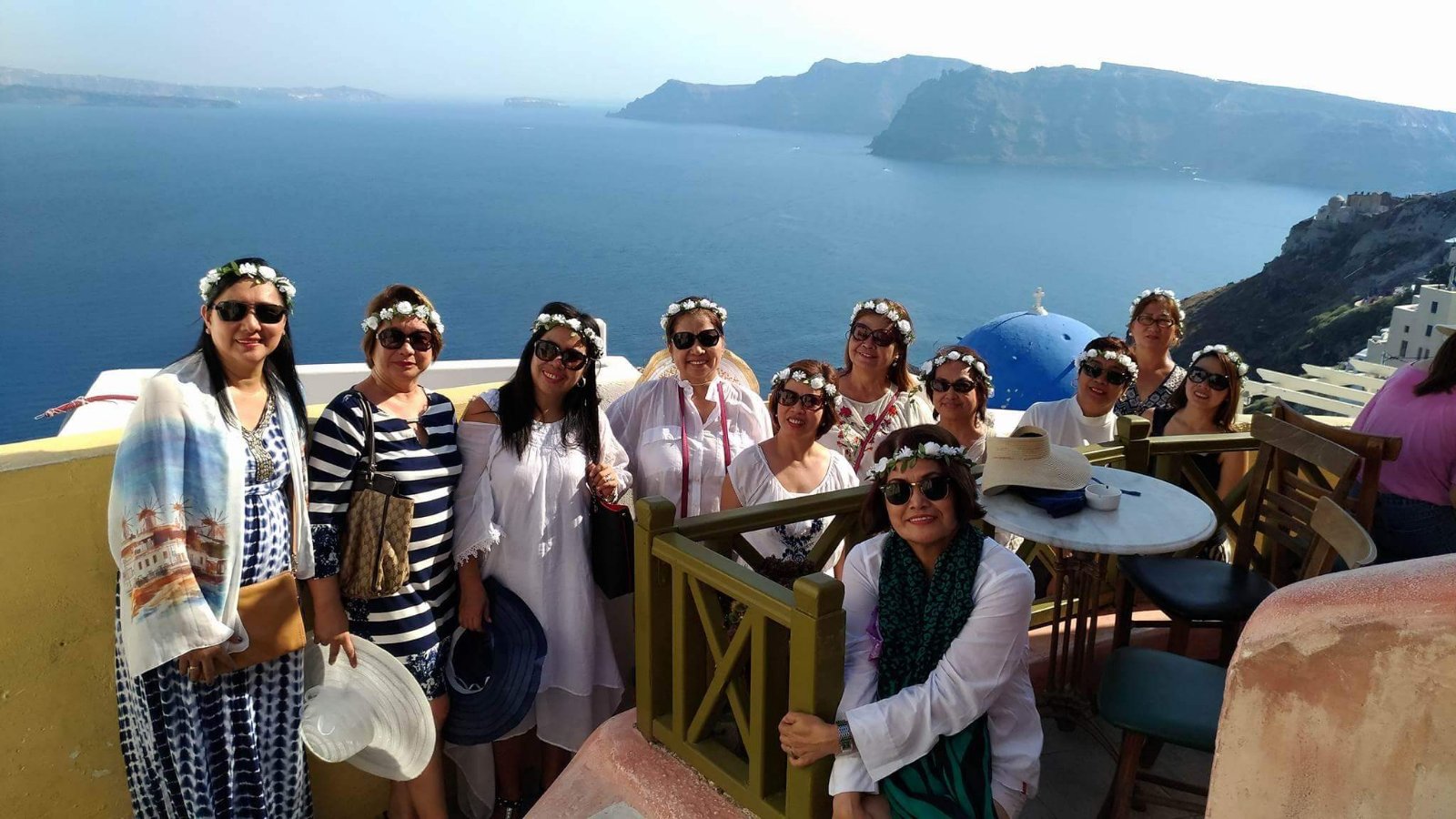
Who would have thought that we would encounter the oxymoron “socially-distant traveler?” Tourism has always been about sharing cultures, meeting people and feasting our five senses — hearing, seeing, touching, smelling and tasting. In one fell swoop, the heart and purpose of tourism have changed. And to make matters worse, there are lawmakers who believe that tourism is now a sunset industry. How wrong and pathetic this is! Tourism is one of the top five contributors to the GDP and a big source of inclusive growth.
The influence of tourism is wide, deep, and complex; it benefits our people in a lot of intangible ways. Tourism is more than just the income earned from destinations or the jobs it creates — it builds education, memories and stories, without which our own culture, ethos, and discipline would go awry. Tourism also molds our respect for the environment and each other. Lastly, tourism translates to how well we continuously improve sectors of our society — just by simple things like having the right directional signage, improving merchandising, tour guiding, and others.
If I were to do things over again, even with the onslaught of COVID-19, I would still remain in this industry because I believe in the good it brings and represents. This is about stewardship and ensuring that everyone will continue to care — and that’s fulfilling.
Having said that, here are some lessons I personally learned from this experience. First, we have to learn from past experience and never let “out of sight, out of mind” to be a factor. Through the World Travel & Tourism Council, I got to study how different countries approached this pandemic based on their past experience.
There are three main pillars that should allow the recovery to come faster. The first is collaboration — all players, private and government — should come together to balance the solutions. This means creating a seamless experience for the traveler; global standards and protocols and not just local solutions should be in place, otherwise, it would be too unruly and confusing; and the use of technology for more efficient ways of doing things.
“ Tourism is more than just the income earned from destinations or the jobs it creates — it builds education, memories and stories, without which our own culture, ethos, and discipline would go awry. ”
Second is the strict implementation of rules. We have seen government and businesses change the way they do things during the pandemic — changes that they could have done prior but kept on delaying because they had no sense of urgency to get things done. These include the move to electronic and paperless transactions — not just cash to online payment but also the submission of electronic reports to government agencies, etc. The government needs to invest in processes and systems to make things more efficient for everyone.
Third and most important is the overdue reinvention of the tourism industry in several aspects. The definition of a “world-class destination” is not just about the availability of luxurious, plush, and lavish services and amenities. Today, it also means a painless experience for travelers as they go through health and safety checks. In line with this, there should be an elevated level of service to include more sanitation protocols.
Product offerings should be repositioned. Avoid the “massification” of tours and over-tourism, which diminishes the tourist’s experience.

Tourism is here to stay — that I can guarantee. But the road through this reinvention has taken a toll on most of us in the industry because of the uncertainty of border openings. Tourism activities cannot be replaced and the interest in travel will never wane. The only question really is when.
Our company was not spared from having to do cost-cutting measures. As a steward to our team and communities, we used to provide livelihood with our tours, these choices will always burn in my mind. Businesses cannot — and don’t — just look at savings because there is a human cost to all this: families who can no longer afford three meals a day or the schooling of their children and medical care.
Whether it is lessons of tourism or lessons of stewardship, I will always have hope, that tomorrow will be a brighter future and that today is merely a corrective action towards that.
Edited by Tanya T. Lara


